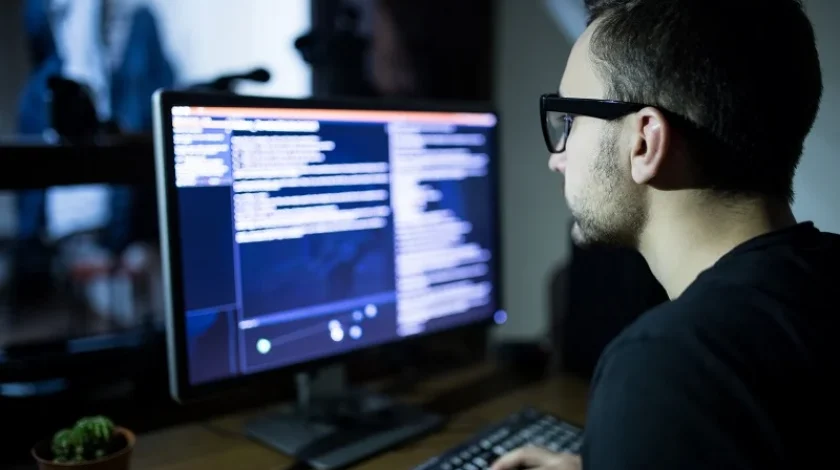Ownership of computer software and applications: the difficulties under the Copyright Act.
If you or your business have contracted a third-party to either create or develop a piece of software for you, it may come as a surprise to know that you may not actually own that source coding – even if the work was undertaken based on your ideas, under your instruction and you paid for it!
This could be quite a scary proposition, and a wake up call for many business owners.
Under the Copyright Act 1968 (Cth), the expression of an idea, rather than the idea itself, is afforded automatic protection (unlike other forms of intellectual property). It therefore stands to reason that as the ‘author’ of the source code, the contractor that you engaged to write the code would be seen as the legal owner of the code – even if the inspiration for its development (and the funds put towards its production) came from you.
In the same way that if you chose to commission an oil painting of yourself (perhaps atop a unicorn dressed in your best Napoleonic costume?), the painter would hold ownership of the actual painting. One (and perhaps for many of us, a more relatable) example comes from the movie: The Hangover Part 2.
In this particular scenario, the tattoo artist responsible for Mike Tyson’s famous face tattoo sought to restrain Warner Bros. for unauthorised copying of the tattoo, when Warner Bros. had sought to use it on a character in the movie (the matter settled outside of court). Even though the tattoo is indeed permanently located on Mike Tyson’s face, the tattoo artist retained the rights of the image, and was subsequently able to effectively bring the suit against Warner Bros.
Even if you do look to pre-empt this issue by including a clause in the contract along the lines of “the codes, once created, belong to [you]”, it may not be enough to affect an assignment of the coding to you or your business. It should be noted that the position is usually different if an employee (or consultant) develops the code – although generally speaking this would depend on the individual facts and circumstances, as well as the terms and wording of any employment contract or consultancy agreement.
While the legal ownership of your coding may not affect the operation of your business now, you may find that it becomes a more pressing issue in the future if you ever decide to try to commercialise the software by granting a licence, or otherwise sell your business.
Key take away
Just because you paid for it, does not necessarily mean you own it. At law, the usual position where development of software is subcontracted out, is that you have a legal right to use the software, but that you will not own it.
If you have concerns pertaining to your ownership rights, or would simply like to have an experienced lawyer review an agreement that you have in order to ensure that your business owns what it has paid for, please don’t hesitate to get in touch with Coleman Greig’s Commercial Advice team.














